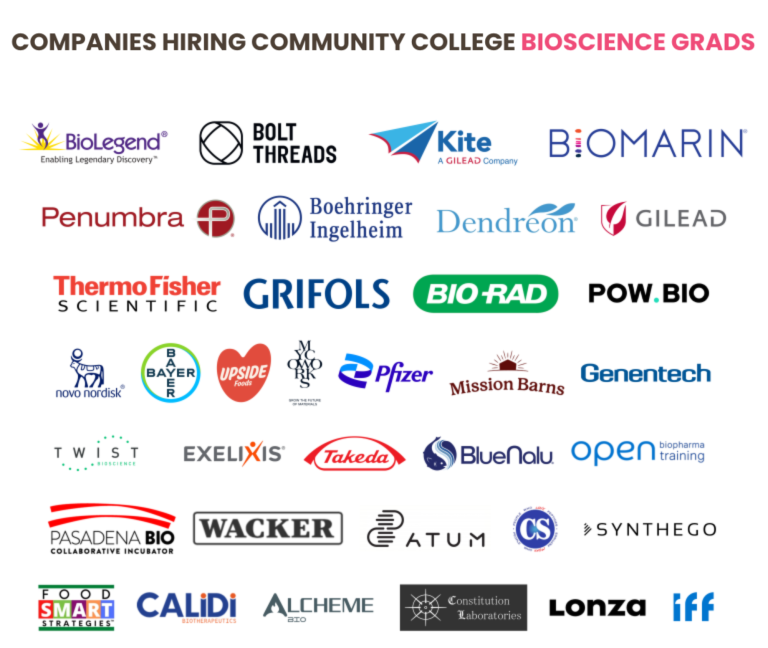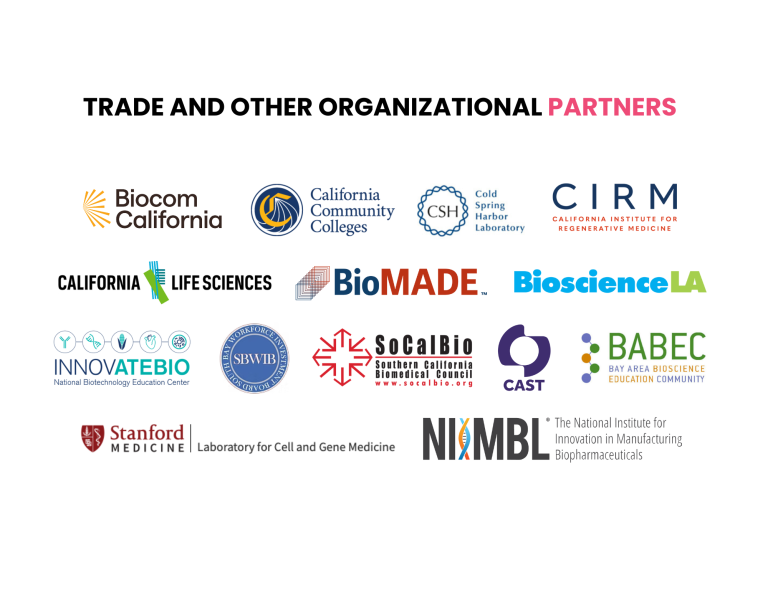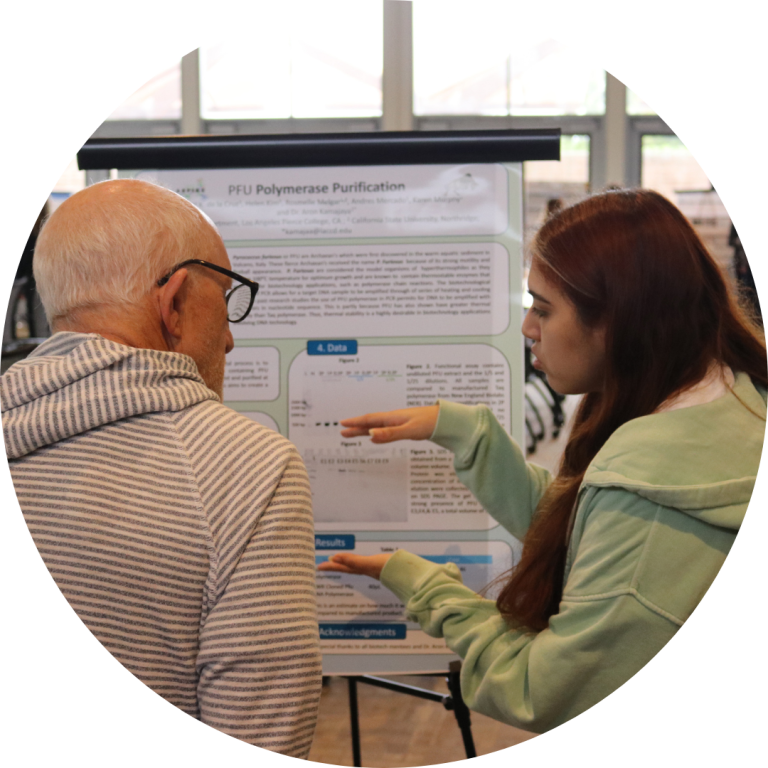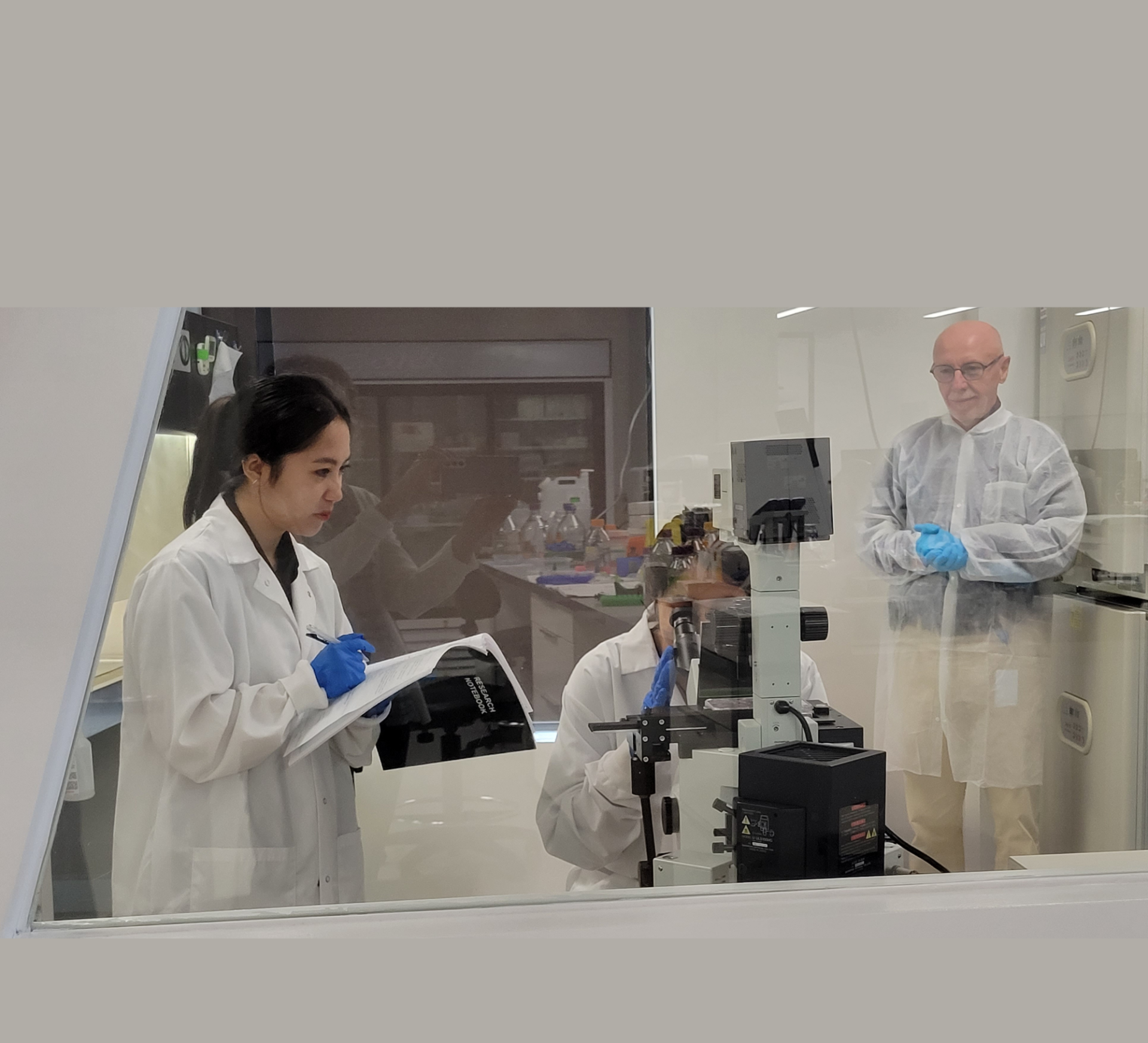
Bioscience Industry Partners
Welcome Bioscience Industry and Organizational Partners!
The California Bioscience Workforce Development Hub is a group within the community colleges focused on workforce development, education, and building connections between faculty, skilled student talent, and industry. We’re active in the community and work to secure funding and resources that keep community college bioscience programs across California competitive. These programs prepare a diverse and skilled entry-level workforce for the state’s thriving life sciences industry.
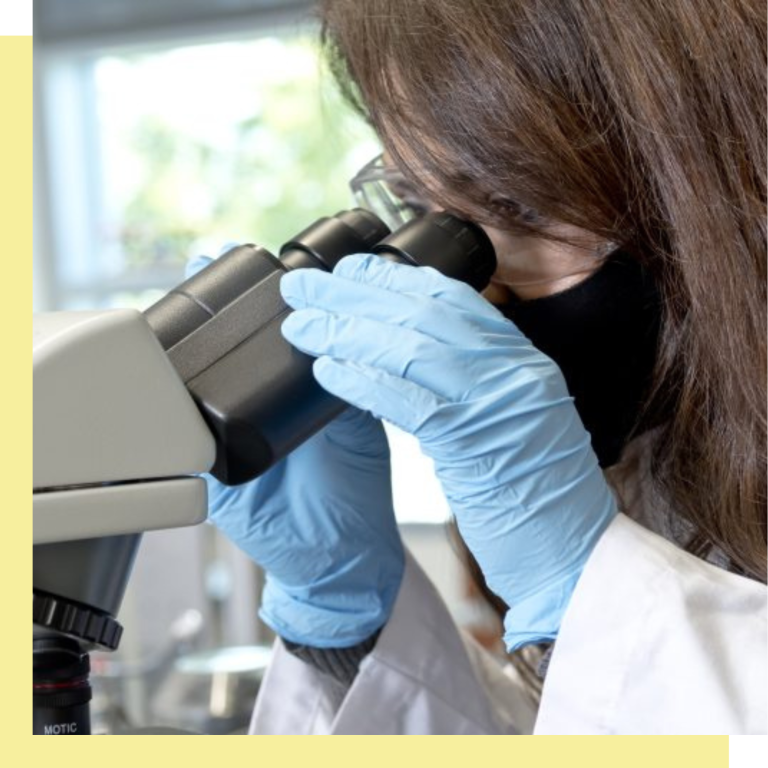
Why Hire Community College Grads? About the Students
Our industry partners greatly value the training community colleges provide and find our graduates a great fit for roles across companies ranging from start-ups to large companies. By partnering with us, companies gain access to skilled, diverse, and affordable talent—including lab technicians, quality control specialists, medical lab technicians, biomanufacturing associates, production technicians, and research associates. Many students have a post-secondary degree or some college experience and bring added skills from current and prior work experience, such as teamwork, time management, and following protocols. Partnering with local community colleges is a strategic way to build your talent pipeline.
Find a Program Near You



COMMUNITY COLLEGE VALUE PROPOSITIONS
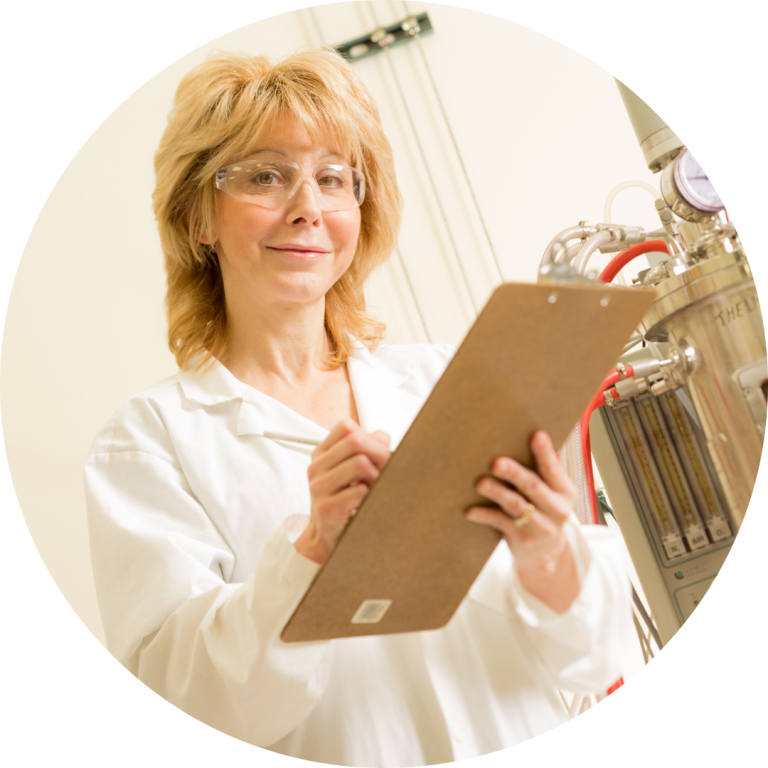
Strong Skills Training Prepares Students for Industry Jobs
Community college students are job-ready, equipped with workplace experience and rigorous hands-on training for roles in production, biomanufacturing, clinical labs, quality control, chemical technology, cell culture labs, and other biotech and biopharma jobs. Programs also develop essential soft skills like communication, problem-solving, organization, and leadership. For more on foundational skills taught at community colleges, visit the Employability Skills page.

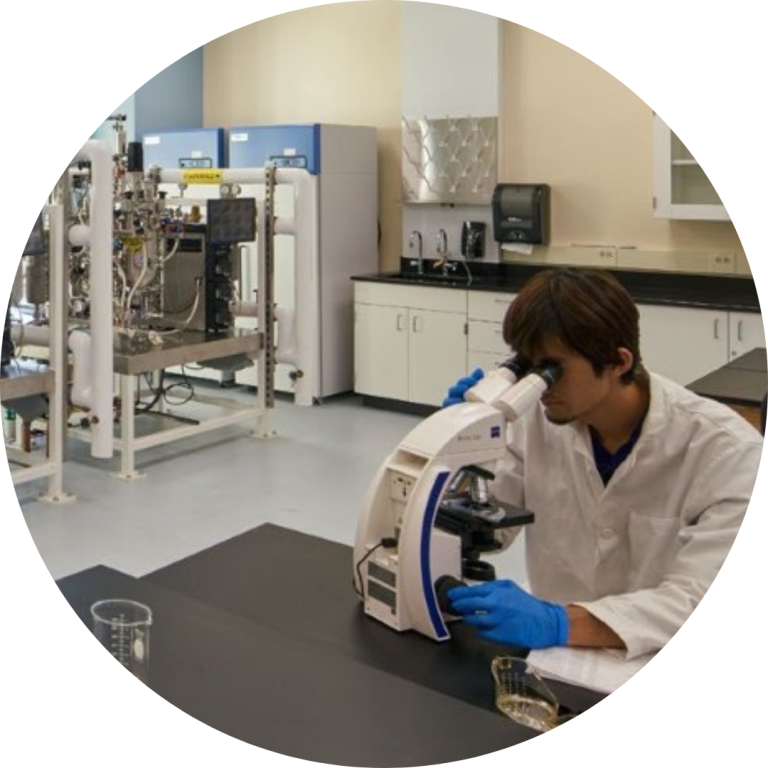
Quality & GMP Taught in State-of-the-Art Labs
Our state-of-the-art facilities are designed to meet industry standards, with curricula that emphasize hands-on training in GMP environments. Students gain practical experience using modern equipment, and our labs provide support and accommodations to ensure all students can succeed.
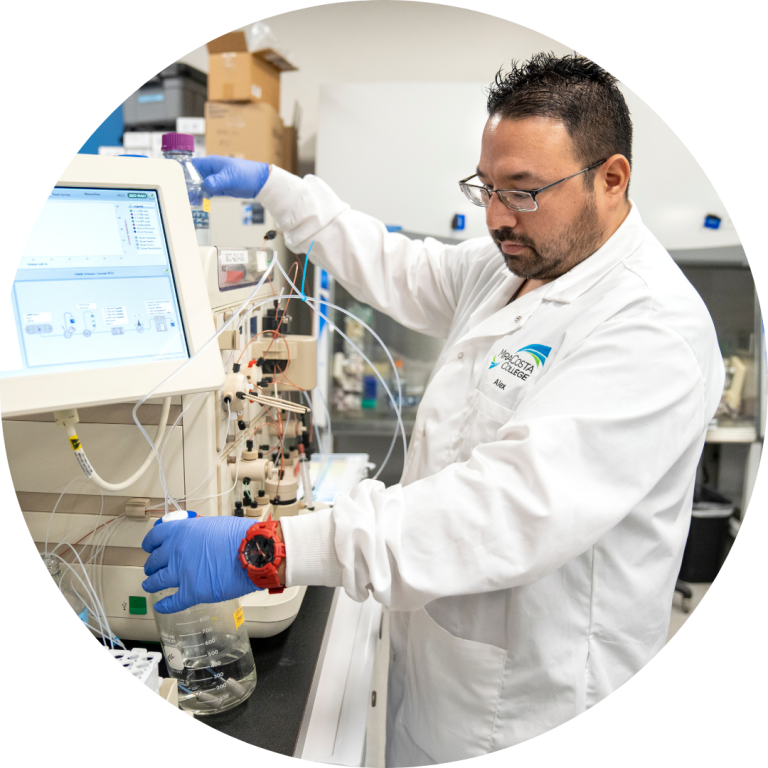
Rigorous Bioscience Programs
California’s Community College Bioscience programs prepare students for today’s and tomorrow’s life sciences careers. Nearly 40 colleges offer career-focused training with pathways to a 4-year degree, including certificates and Associate’s degrees in Biotechnology, Biomanufacturing, Medical Laboratory Technology, Histotechnology, Chemical Technology, and Food Science. Some colleges offer Bachelor’s degrees in Biomanufacturing and Histotechnology. Programs are skills-based, designed to meet employer needs, and funded by the California Community College system, federal and state government agencies and grants like those from the California Community Colleges Chancellor’s Office (CCCCO), the California Institute for Regenerative Medicine (CIRM), the National Science Foundation (NSF), and Strada Foundation.

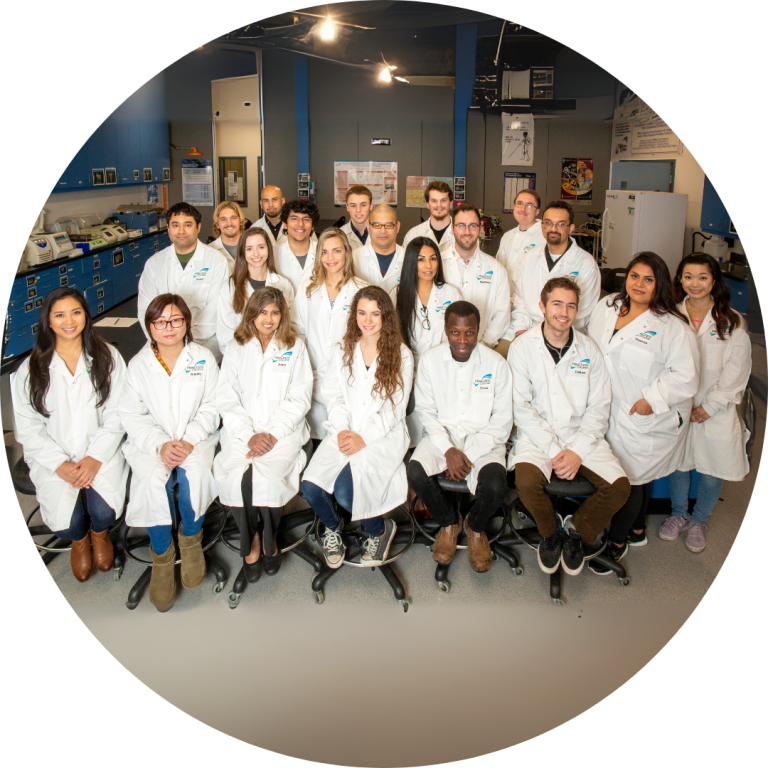
Bachelor’s in Biomanufacturing
Since 2017, MiraCosta and Solano Colleges have offered accredited Bachelor’s degrees in Biomanufacturing, with Moorpark College joining in Fall 2024 and Los Angeles Mission and Pierce Colleges launching programs soon. In addition, Mt. San Antonio College offers a Bachelor’s degree in Histotechnology. These programs equip students with the skills needed to start or advance careers in life sciences and provide pathways to master’s and PhD programs at partner institutions. MiraCosta and Solano’s programs boast nearly 100% completion and job placement rates.

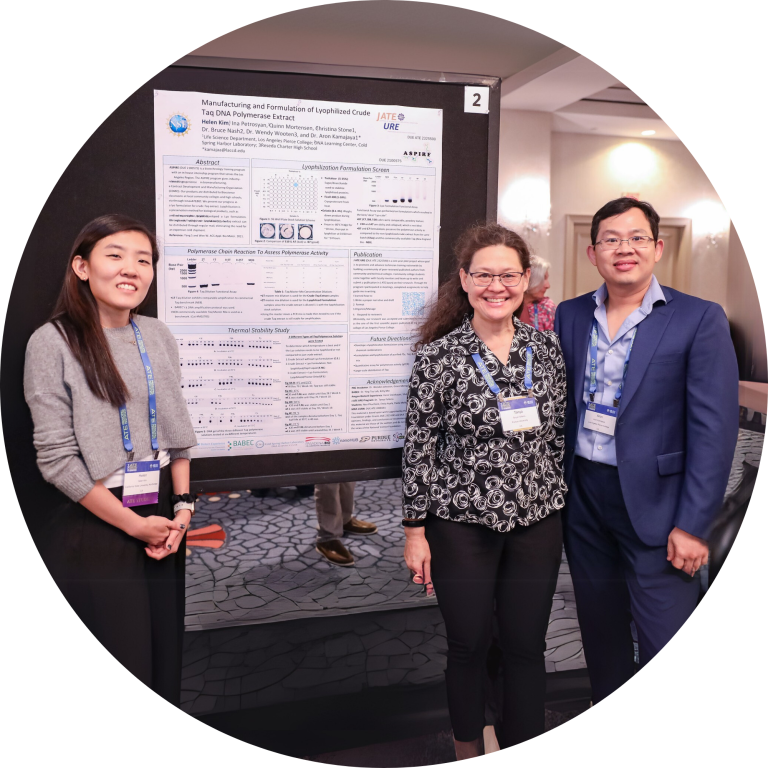
Research Projects in Community Colleges
Students receive exposure by participating in research projects, analysis, and internships at partner companies and organizations. For example, working on CIRM (California Institute for Regenerative Medicine) projects, soil analysis, and NSF grant projects. Students get opportunities to present their work at poster events throughout the year.
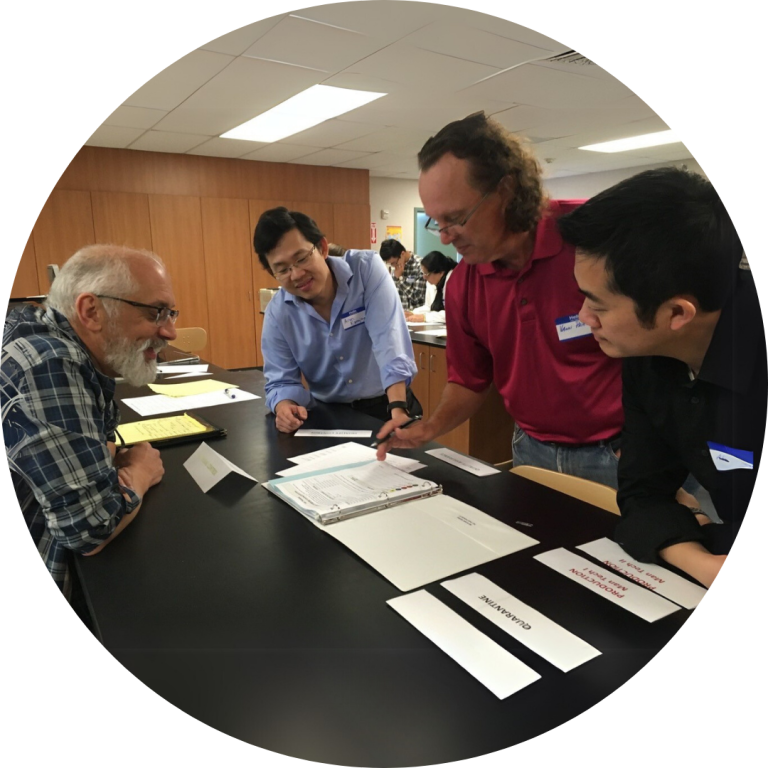
Well-Trained Faculty
Our faculty members bring a wealth of expertise, with many holding PhDs and Master’s degrees. Most have both the necessary field expertise and hands-on industry experience. Adjunct instructors, often employed in the industry, teach specialized subjects, while all faculty regularly update their skills through training and partnerships with industry advisors.

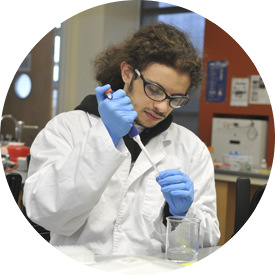
Training for Industry and Government Certifications
Colleges prepare students for professional, state, and national certifications in various specialties.
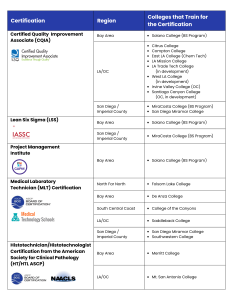
Ready to get started?
Find A Program Near YouWAYS INDUSTRY CAN PARTNER WITH COLLEGES
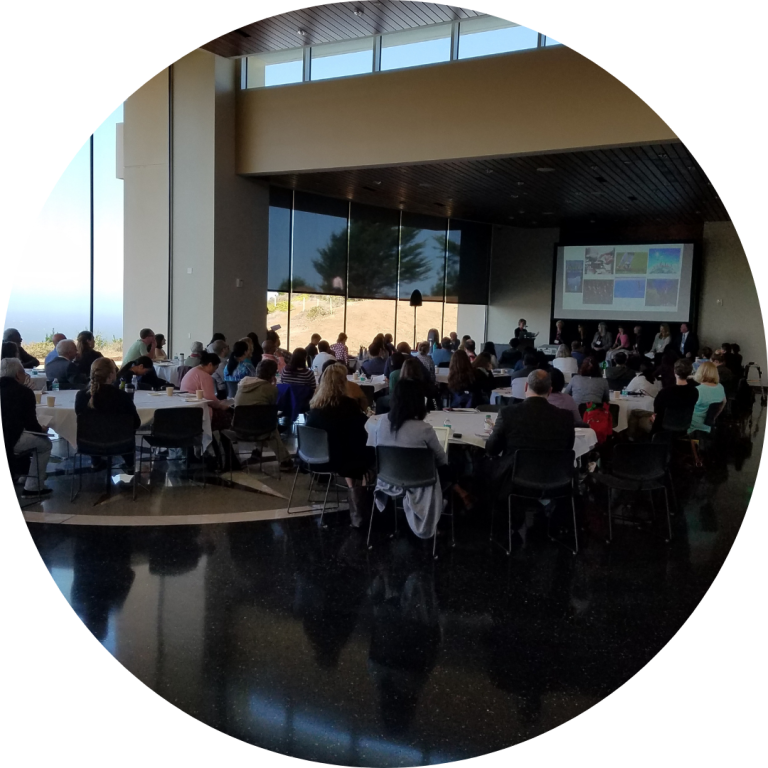
Our colleges’ goal is to improve alignment of skills and learners’ competencies with workforce needs to close specific skills gaps. This requires students to experience meaningful work-based and experiential learning opportunities possible only by close collaboration with industry partners.

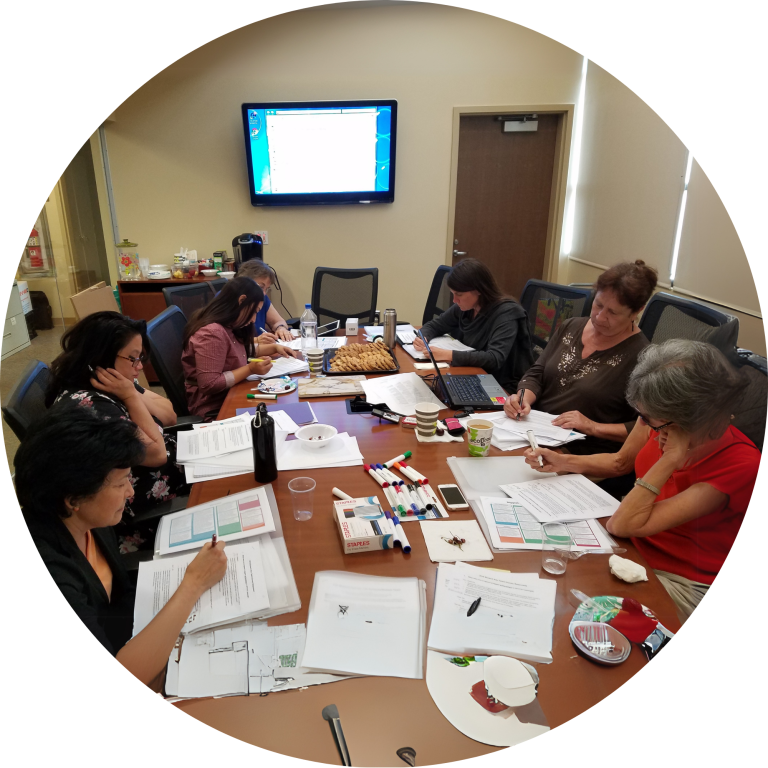
Join a Community College Bioscience Advisory Board
Community college bioscience programs are committed to working with local employers to develop demand-driven curricula that address industry needs for skilled entry-level workers—a win-win for colleges, students, and employers alike. Local Advisory Boards welcome participation from industry, workforce development, economic development, and related organizations, typically meeting once or twice a year.
The Bioscience Workforce Development Hub is also establishing a Statewide Industry Advisory Committee, following the Business & Industry Leadership Team (BILT) model. This approach actively involves business and industry subject matter experts (SMEs) in co-leading the Committee, assessing the knowledge, skills, and abilities (KSAs) required for the current and future workforce, and collaborating with faculty to update curriculum as needed.
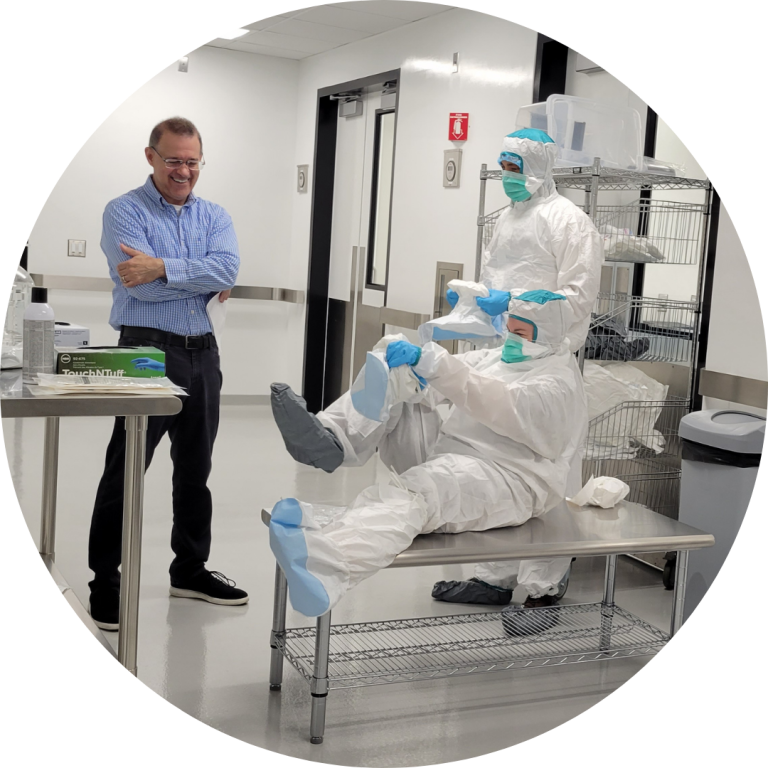
Provide Internships and Apprenticeships
Internships offer employers access to candidates with hands-on experience, aligning with our vision to provide students meaningful work-based learning.
Apprenticeships take this further by offering paid positions that combine on-the-job training (OJT) with supplemental instruction, equipping participants with industry-recognized skills. Employers benefit from a work-ready talent pool with skills tailored to their needs—whether the apprentice is a college student or a company employee. This approach helps build a skilled, diverse, and adaptable workforce in biosciences, fostering employee loyalty and high retention rates. Registered STEM apprenticeships through the Department of Labor (DOL) and Division of Apprenticeship Standards (DAS) also make employers eligible for incentives. Graduates receive a nationally recognized DOL credential. Currently, MiraCosta and Ohlone Colleges hold apprenticeship grants in Biotechnology and Food Safety Compliance in partnership with industry and with participation by L.A. Mission, Glendale, and Hartnell Colleges.

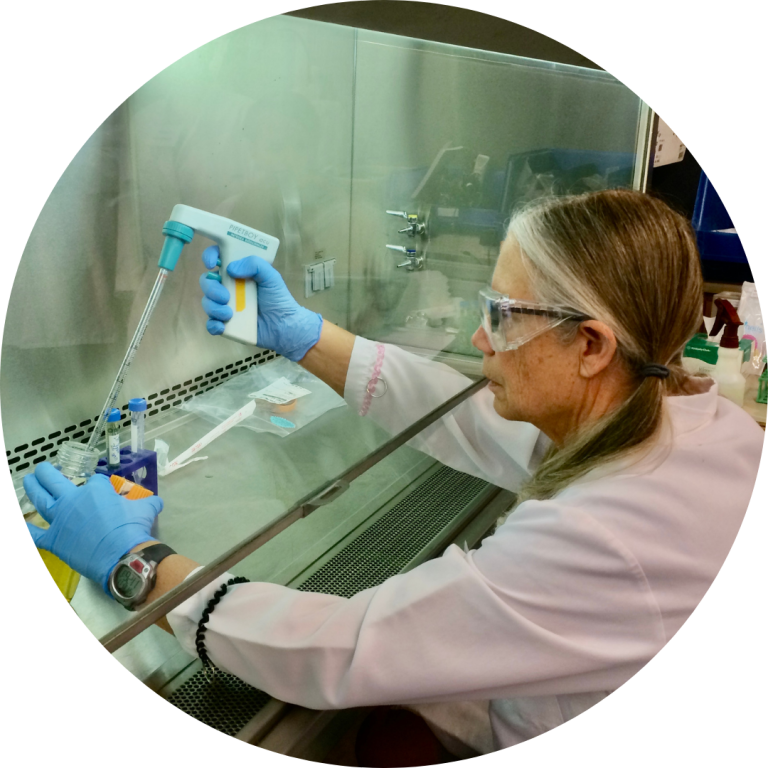
Donate Equipment
Colleges greatly appreciate donations of well-maintained equipment such as microscopes, incubators, centrifuges, balances, PCR machines, and hot plates to help support program growth. They also welcome expendable supplies like gloves, safety goggles, petri dishes, and microcentrifuge tubes. To arrange a donation, please reach out to your local college or contact us if you need assistance connecting with the right contact at your local college.

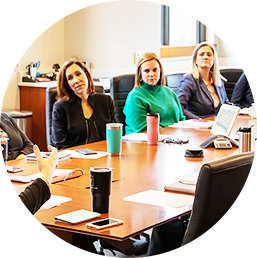
Join Our Community of Practice
The Bioscience Workforce Development Hub offers industry professionals a chance to engage in statewide Communities of Practice (CoPs) to connect with faculty and collaborate on shared interests. CoPs foster the exchange of best practices, classroom experiences, industry insights, and resources.
We currently offer these virtual groups:
Extended CA Community College Biosciences CoP: Join our meetings every Friday, 11 AM to 12 PM PST, for presentations, networking, and relevant discussions. To join, Contact Us.
Accessible & Equitable Learning for Bioscience Careers CoP: Dedicated to making bioscience education inclusive and accessible, with pathways to internships and employment. Meets monthly on the first Tuesday, 9-10 AM PST. To join, Contact Us.
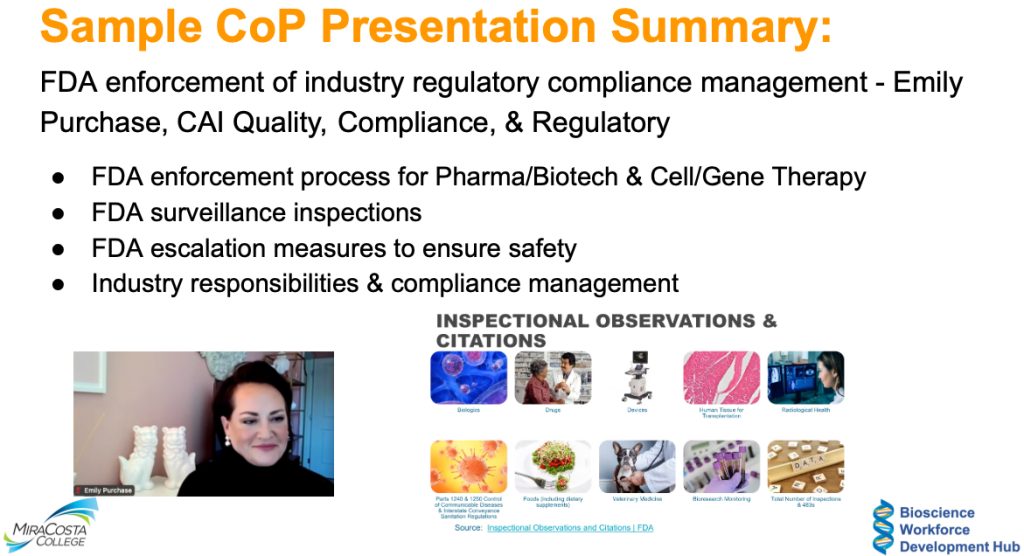
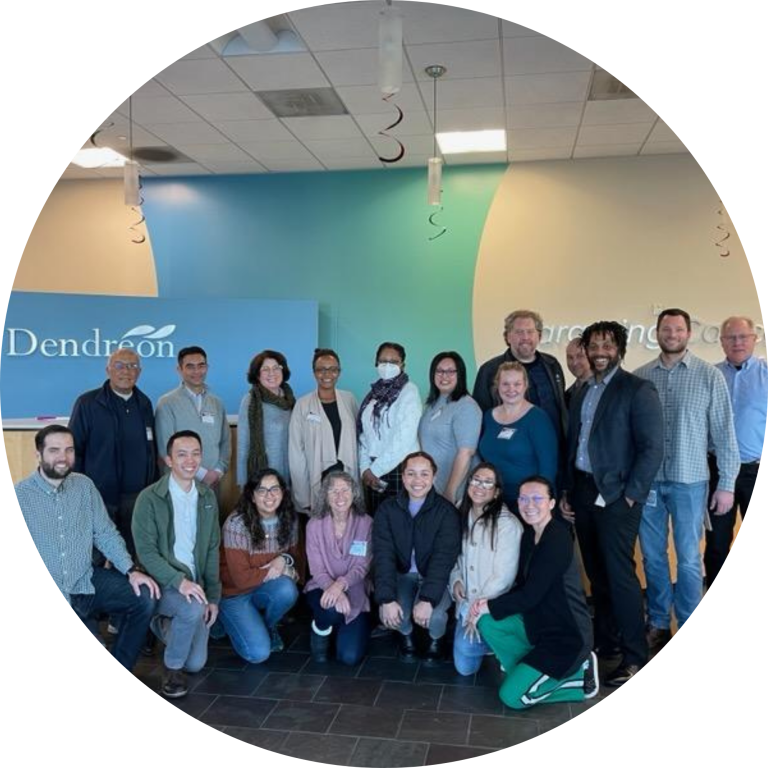
Provide Tours
Tours for faculty and their students introduce a variety of work-place careers and skills needed to perform those jobs. Tours connect what is taught and learned in the classroom and inform about the role of the company in the community.

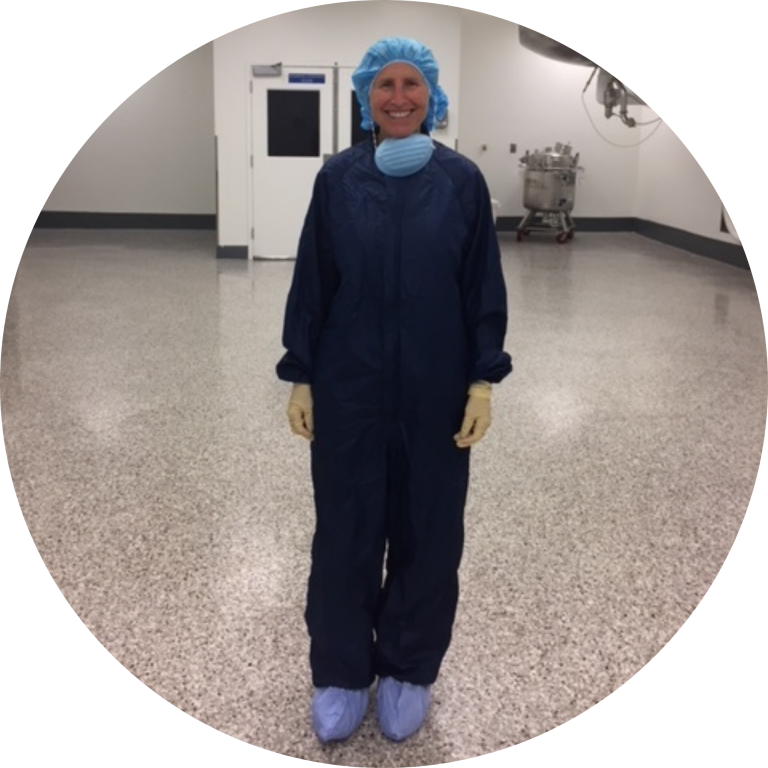
Provide Faculty Experiential Learning Opportunities
Providing faculty with direct hands-on experience in a relevant industry setting such as job shadowing and externships helps faculty stay current in state-of-the-art technologies. Furthermore, it helps faculty to directly connect classroom theory with real-world practice.
WHAT SOME OF OUR INDUSTRY PARTNERS ARE SAYING
Southern California Biomedical Council
“SoCalBio is proud to foster workforce development through our collaboration with the Bioscience Workforce Development Hub at MiraCosta College. Together, we aim to continuously develop a talented pipeline of skilled workers to support life science companies.
Our long track record of workforce initiatives is made possible by partnering with local community colleges to create curricula tailored to the life science ecosystem in Southern California. We take tremendous pride in supporting these efforts and ensuring a thriving workforce for our biotechnology community, thanks to the impactful work of the Bioscience Workforce Development Hub.”
– Brandon Dumlao, Operations Director

Open Biopharma Training and Research Institute
“On behalf of myself and the Open Biopharma Research and Training Institute faculty, we are impressed by MiraCosta Community College students’ knowledge, attitude, quality of work, professionalism, and dedication. Their contributions enrich our projects and create a dynamic learning environment.
Collaborating with MiraCosta’s biomanufacturing BS program is invaluable, allowing us to provide hands-on experience and diverse insights that enhance their education. The students’ teamwork and camaraderie foster a positive atmosphere, preparing them well for future challenges.”
– Susan Szathmary, MD, Ph.D., Executive Director



